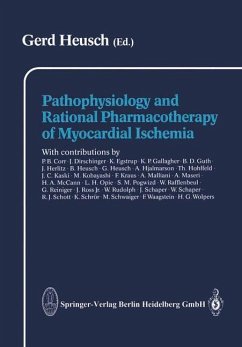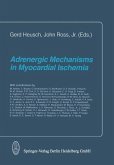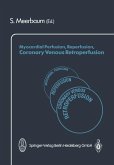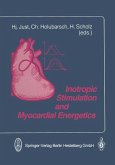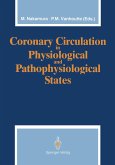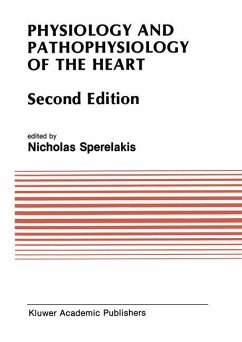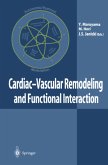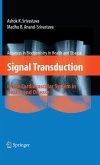Ischemie heart disease is still the most frequent cause of death in the western world. There have been significant achievements in diagnostic procedures as well as in the medical, invasive,and surgiealtreatment ofischemieheart disease inrecent years. A variety ofdrugs are availablefor the pharmacotherapyofischemieheart disease,par ticularly nitrates, ß-blockers, and calcium-antagonists which are used as mono therapy or in various combinations. However, the selection of patients for a certain treatment, as weIl as the optimization of an individual treatment are still largely empirical. On the other hand, the recent advances in experimental cardiology emphasize the extremely complex and dynamie scenario of ischemic heart disease, involving endothelial damage, coagulation processes, metabolie and morphologie derangements, coronary constrictor mechanisms, blood flow redistribution, arrhythmogenesis, contraetile dysfunction during ischemia and reperfusion, and finally lack or presenceof pain perception. Therefore, it appears desirable to close the gap between experimental and clinical cardiology and, thus, to provide a pathophysiologieal basis for rational cliniealdecisions with respect to diagnostic and therapeutic procedures. The idea for this book arose during the preparation of a seminar series on experi mental cardiology, when I found it diffieultto collect the pertinentinformation from textbooks of cardiology, physiology, pathology, and pharmacology, as well as from numerous review and original artieies on specifictopies. I am now very grateful that expert cliniealand experimental colleagues from around the world have joined me in the effort to provide a comprehensive textbook on the pathophysiology of myocar dial ischemia and its rational pharmacotherapy.
Bitte wählen Sie Ihr Anliegen aus.
Rechnungen
Retourenschein anfordern
Bestellstatus
Storno

